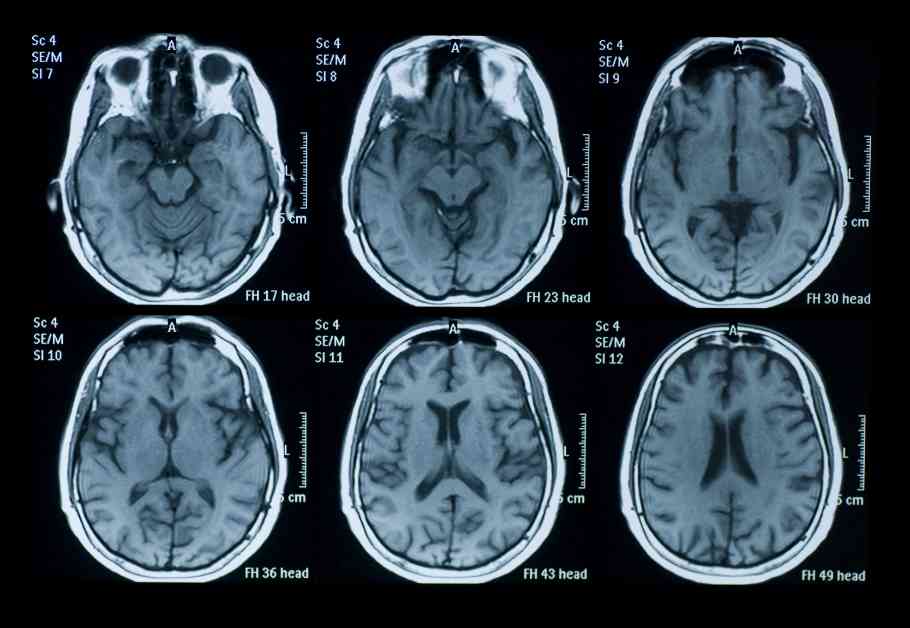Signs of Trouble in Older Loved Ones During Holiday Visits
The holidays are a time for family gatherings, and some Iowans might notice changes in a loved one’s cognitive abilities that warrant further investigation. Lauren Livingston, spokeswoman for the Iowa Chapter of the Alzheimer’s Association, highlights the uncomfortable reality that there are often clear signs a person may be developing one of the most common forms of dementia.
Memory Loss Disrupting Daily Life
According to Livingston, the main indicator to watch for is memory loss that disrupts a person’s daily life. Forgetting things they have known their whole life, like how to use the microwave or how to get home from the grocery store, can be red flags. These forgetfulness instances are very unusual for someone to forget and should not be overlooked.
Challenges in Solving Problems and Completing Daily Tasks
In addition to memory loss, Livingston points out that individuals developing dementia may also face challenges in solving simple problems like math equations or figuring out the tip on a bill. They might struggle with completing daily tasks they once did effortlessly, such as getting dressed or taking a shower. Confusion with things they were once familiar with can also be a telltale sign of cognitive decline.
Difficulty Recognizing Acquaintances
Livingston further mentions that individuals with dementia may struggle to recognize people with whom they are acquainted, adding another layer of complexity to the situation.
Key Indicators to Look Out For
How do you differentiate between typical forgetfulness and signs of a more serious problem? Livingston emphasizes the importance of recognizing patterns of forgetfulness in loved ones. If you notice a consistent trend of forgetting things that have been shared multiple times or things that have been known for a long time, it may be time to seek further evaluation.
Alzheimer’s Association Helpline
For those concerned about cognitive changes affecting a loved one, the Alzheimer’s Association Helpline is a crucial resource. Staffed around the clock every day, including holidays, the helpline can provide guidance and support to individuals navigating the challenges of dementia. Reach out to the helpline at 800-272-3900 for assistance and information on how to best support your loved one during this difficult time.









